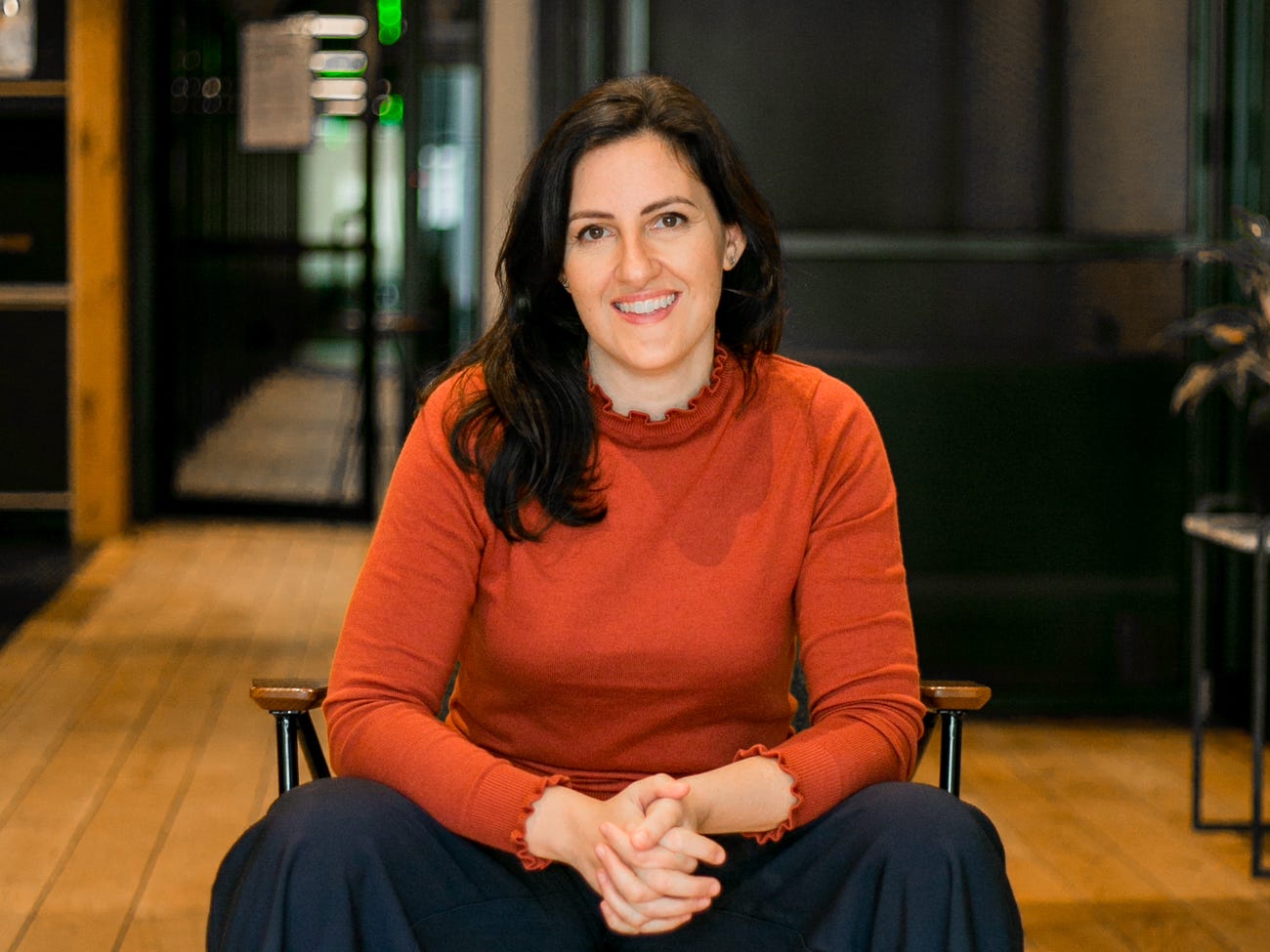Originally posted on Business Insider by Patrick Coffee, April 14, 2020
- Software companies like Tongal and Communo and networks like We Are Rosie that help self-employed creatives find commercial work have seen business boom under the coronavirus lockdown.
- Their business is up as ad agencies and production companies have had to furlough or lay off employees, who are now looking for project work.
- Plus, advertisers still need to make ad campaigns, and these platforms can help them do it for less than traditional agencies.
- John Winsor, former ad agency executive and founder of consulting firm Open Assembly, predicted this shift would force agencies to shrink and rely more heavily on freelancers.
Freelance networks are seeing a big boost in signups
Tongal, an 11-year-old software platform designed to connect brands directly with self-employed creatives and producers, has seen a 200% increase in inbound new business leads, a 60% boost in active projects, and a 150% bump in response rates to brands’ request for proposals over the past month, CEO James DeJulio said.
Most significantly, DeJulio said the sign-up rate among the 200,000 people who pay no fee to use Tongal has increased by a whopping 400% since the outbreak began.
New York-based Communo’s model works in reverse, with ad agencies paying a subscription to access freelance talent in over 70 disciplines, like copywriting, social media management, crisis comms and UX design. CEO Ryan Gill said his client list and a user base of about 30,000 people have each grown at about ten times their normal rates since the lockdown took effect.
We Are Rosie, an online community of 4,000 remote workers or “Rosies” available for open projects, has 40 agencies and 25 Fortune 500 companies as clients, CEO Stephanie Nadi Olson said.
She said the agency business has “slowed to a crawl” but We Are Rosie’s free community sign-ups have increased 300%, and it added two new Fortune 50 pharma and tech clients in the past month. She said the 11-person firm is set to increase year-over-year revenue by 400% in its second year of operations.
And at “brandtech” firm You & Mr. Jones, which owns freelance filmmaker network Mofilm, partner Emma Cookson said, “We’re getting calls from people doing Google searches for how to make content. Not small brands — major brands.”
These companies argue they’re better prepared to respond to the crisis
These platform operators say they’re better prepared than traditional agencies to respond to the current market because they already catered to the remote workplace.
James DeJulio cited Tongal’s work for NBCUniversal’s SyFy, which uses the software to connect to creators united by their love of “Star Wars” and “Game of Thrones.” Jeff Blackman, head of creative for SyFy, said these homebound superfans have created everything from network “ident” videos to a recent campaign showing how viewers are “geeking out” during the lockdown.
Ryan Gill said his company is developing transition plans in which some hard-hit clients give Communo memberships to furloughed employees so they can more easily find project work; one unnamed agency bought over 100, he said.
The new way of working may pose challenges for creative pros, though
Gill, Nadi Olson, and Winsor predicted that as a result of the economic crisis, creative professionals would take greater control over their destinies but also take on more risk.
Winsor said the rise of freelance models would put less flexible ad agencies out of business while making it harder for freelancers to make a living as increased competition pushes rates down.
Freelancing platforms said their companies are about empowering contractors rather than helping brands get things done on the cheap, though.
Communo members have to pay entry fees and go through extensive reviews to get their profiles approved, so Gill argued that the quality of their work will be higher. He said the average budget for a Communo project is $30,000, while it’s far cheaper on less regulated freelance marketplaces like Upwork and Fiverr.
A Fiverr spokeswoman defended the company, saying its members set their own prices.
“These are hard times for everyone right now, let alone small businesses, and we’re proud that our platform can offer them the services they need, at a wide variety of price points,” the spokeswoman said.
